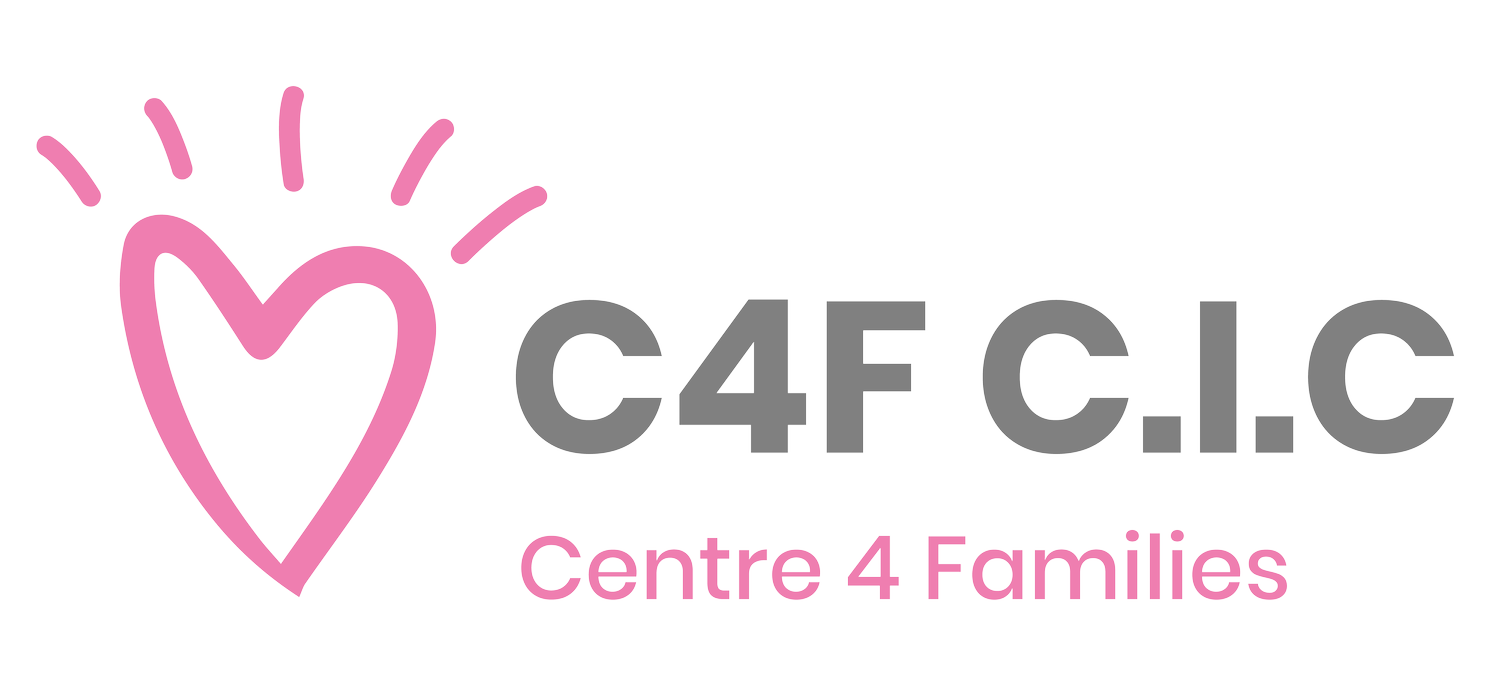Support & Supervision Policy and Procedures.
C4F believes that all staff are entitled to receive supports to help them with their work. One major way of providing support is through supervision. Supervisions are important as a means of promoting managerial accountability. It also offers staff and their managers the opportunity to identify problems, acknowledge achievements, plan actions together and improve motivation for improved individual and project performance.
The Importance Of Supervision.
1:1 Staff supervision should always be carried out as effectively as possible so that both the supervisor and supervisee gain the experience and process. These guidelines for good practice will enable both parties to approach supervision in a more focused and proactive manner.
1:2 Staff supervision is a two way process which promotes accountability and staff support and development. Both parties should be committed to making them worthwhile, positive, honest, objective and unbiased. The needs of the individual , the project or department where they work and the organisations as a whole should all be taken into account. Parties should be fair and open to promote equality and trust.
1:3 Supervisions should be a positive experience for all and should take place regulary. If managers are not supervising their staff they are omitting a key function of management.
Key functions of staff supervision.
2:1 The key functions of staff supervision are to support, motivate, develop, communicate the organisational culture, values and objectives and achieve accountability and control and to communicate key information.
2:2 The effective manager does of course monitor the work of the individual and the team continuously, if informally throughout the year. However, regular supervision meetings give the manager and the team member the opportunity to consolidate decisions taken between meetings as well as looking at current specific issues and the opportunity to consolidate decisions taken between meetings as well as looking at current specific issues.
2:3 Supervision meetings enable the supervisor and supervisee to:
Check and discuss progress of existing work
Discuss any new work or tasks required
Cover each area of work related to the job role
Recognise achievements
Discuss any concerns about the project or task
Discuss any concerns about performance or conduct
Discuss any concerns about working relationships
Discuss any health and safety issues
Identify training needs
Build the team
Action plan together
Review against annual targets
Expectations of the manager
All line managers have a responsibility to direct and guide others in performance of their tasks. This can be done by:
Developing and supporting their own personal development as a manager
Making clear their role and the parameters of their authority
Ensuring that their authority is not undermined
Being clear about the purpose of the organisation and their work
Ensuring that they are fully briefed on key and ongoing matters.
Failure to define the supervisor's role is primary cause of poor supervisory management, The points that follow provide clear guidance in terms of supporting managers through supervision.
Preparation for supervision sessions
Time should always be spent by both worker and line manager preparing for supervision sessions.
Good Practice supervision
Good practice in supervision means the following points are adhered to.
A contract of supervision is drawn up and signed by the supervisor and supervisee.
Supervision should be held individually regularly with each member of the team, be planned in advance, held at a time and venue both parties agree to, held in a private space, last approximately 1-2 hours but no longer than 2 1/2 hours, structured with an outline agenda relating to the persons job description, have flexibility to add to the agenda and have an agenda to be discussed and topics prioritised for discussion.
6.Topics for discussion could include:
Review of last supervision and tasks set
Work performance
Positive feedback and recognition
Target setting and action points
Project update
Budget management
Difficult situations
Management issues
Finance and administration
Clients/members/staff
Development
Healthy and safety
Equality and diversity issues
Personal development and training
Annual leave/toil
Any other matters
6:1 Managers must:
Ensure any ‘checking’ of work required to be done before the session is carried out
Allow space to think through/discuss any difficult issues that need to be raised
Ensure any instructions to be given are clear
Ensure the session is conducted formally and taken seriously
Ensure they know about the progression of work since the last session
Ensure nothing is missed out of forgotten
Promote ownership of the session. “in your next supervision I want to discuss what you think about…”
Help develop staff to meet deadlines. E.g “I would like you to produce this piece of work by the next supervision session and we will discuss it.”
Enable staff to make the most of the time put aside for them
Allow staff to come to the supervision session having thought through anything they may want to talk about.
6:2 Each supervision session should cover all the areas raised in the discussion and to be a two-way process. Supervisions should be supportive, motivational, manages diversity, deals with personal challenges, professional boundaries, personal work-related issues.
6:3 Managers must ensure they actively listen and give constructive feedback.
7.Recording supervision sessions.
7.1 a note of the supervision meeting should be taken by the supervisor / supervisee including clearly defined action. The note should be passed back to the supervisor/supervisee within one week of the supervision meeting. Both the manager and the staff member should keep a signed copy of the notes and an additional copy should be placed on the supervisee’s file.
8.Addressing poor performance.
8.1 The managers role is to get the best possible performance from staff and all efforts should concentrate on this. However, sometimes active steps have to be taken to encourage better performance from staff.
8.2 The emphasis should be upon attempting to resolve difficulties informally if possible.
9.Outside supervisors.
9.1 A suitably trained/qualified outside supervisor may be commissioned to undertake supervision of senior staff.
9.2 it must be made clear to all staff that supervision is confidential and notes will be placed on staff files.

